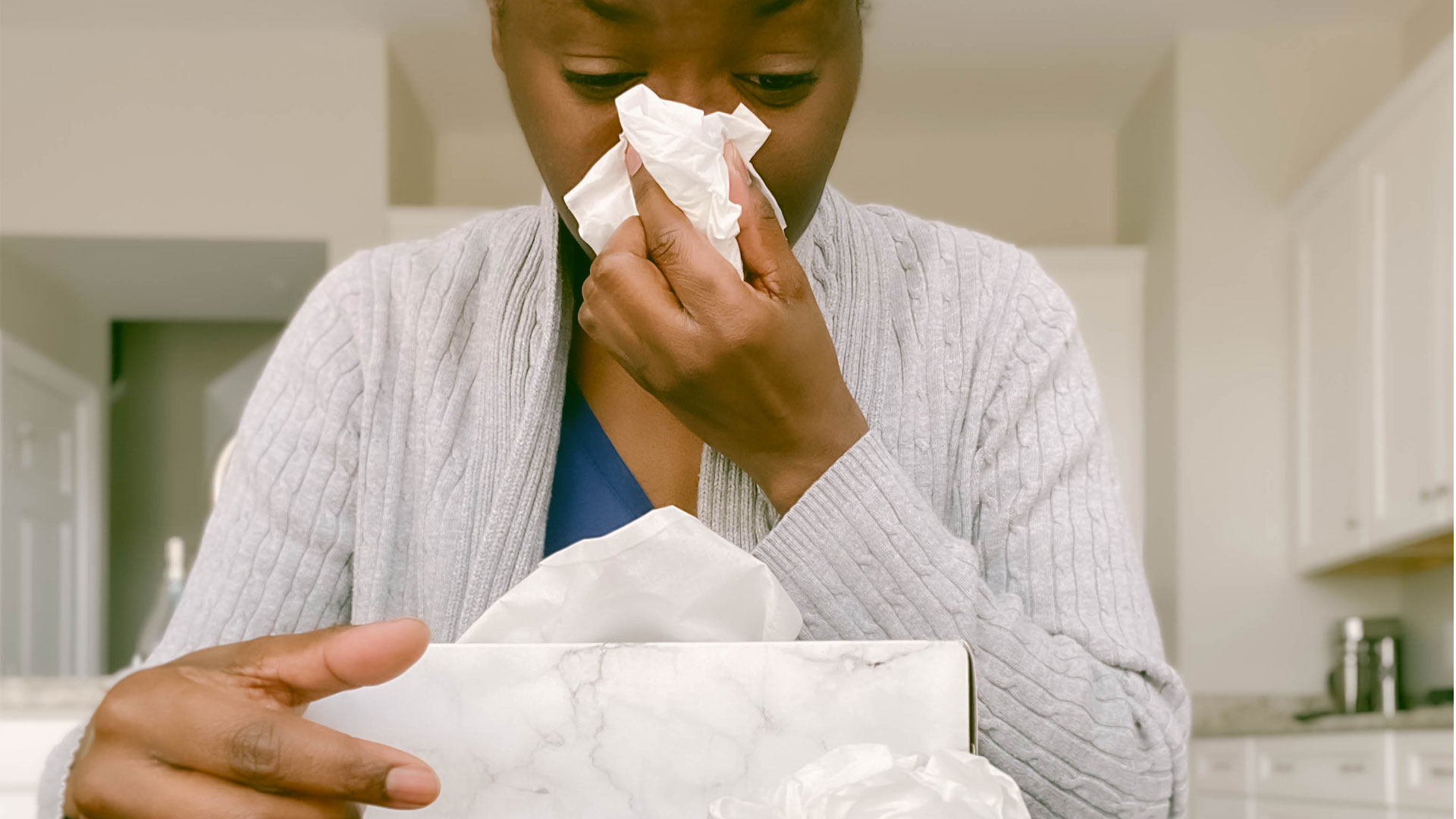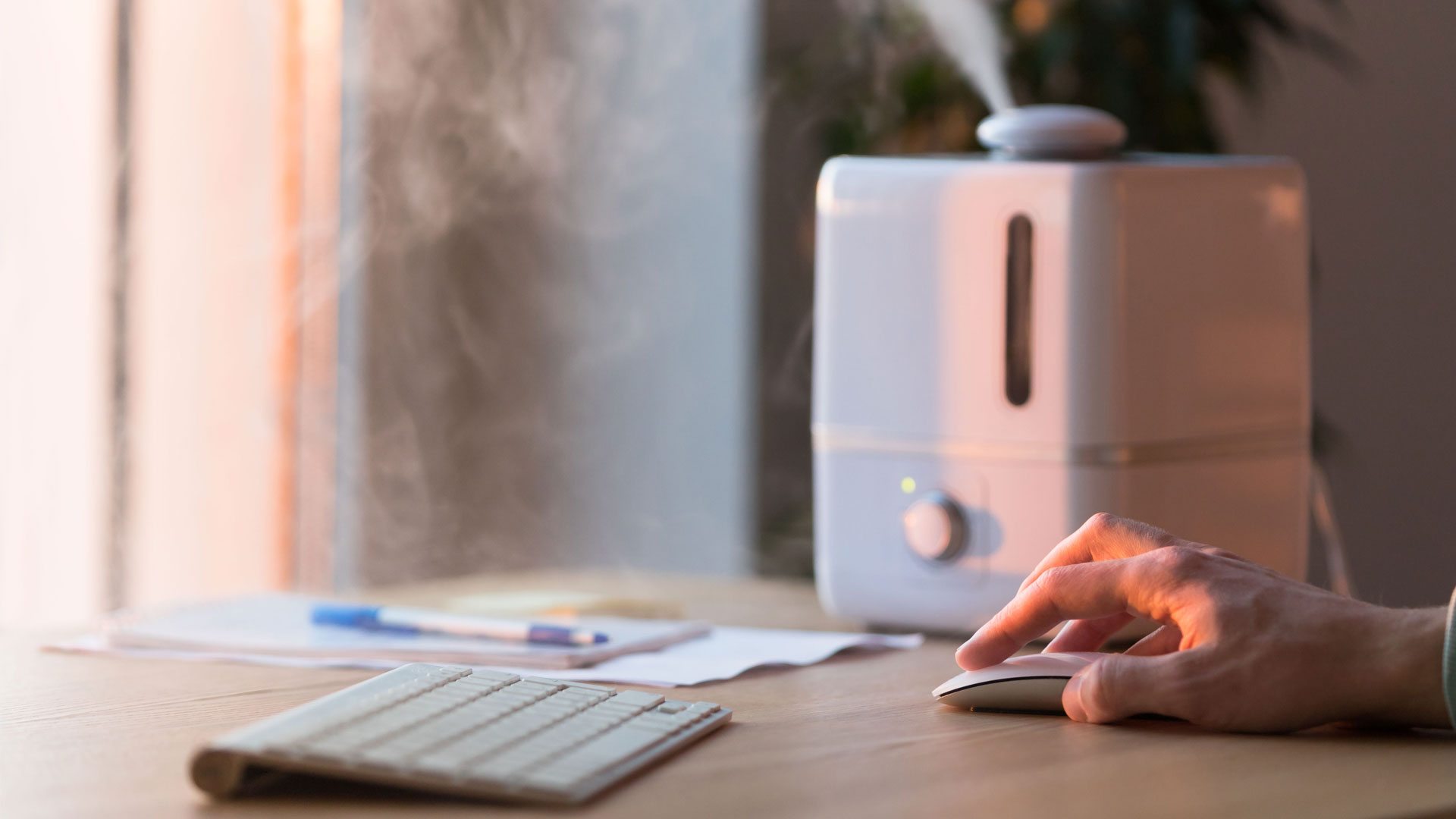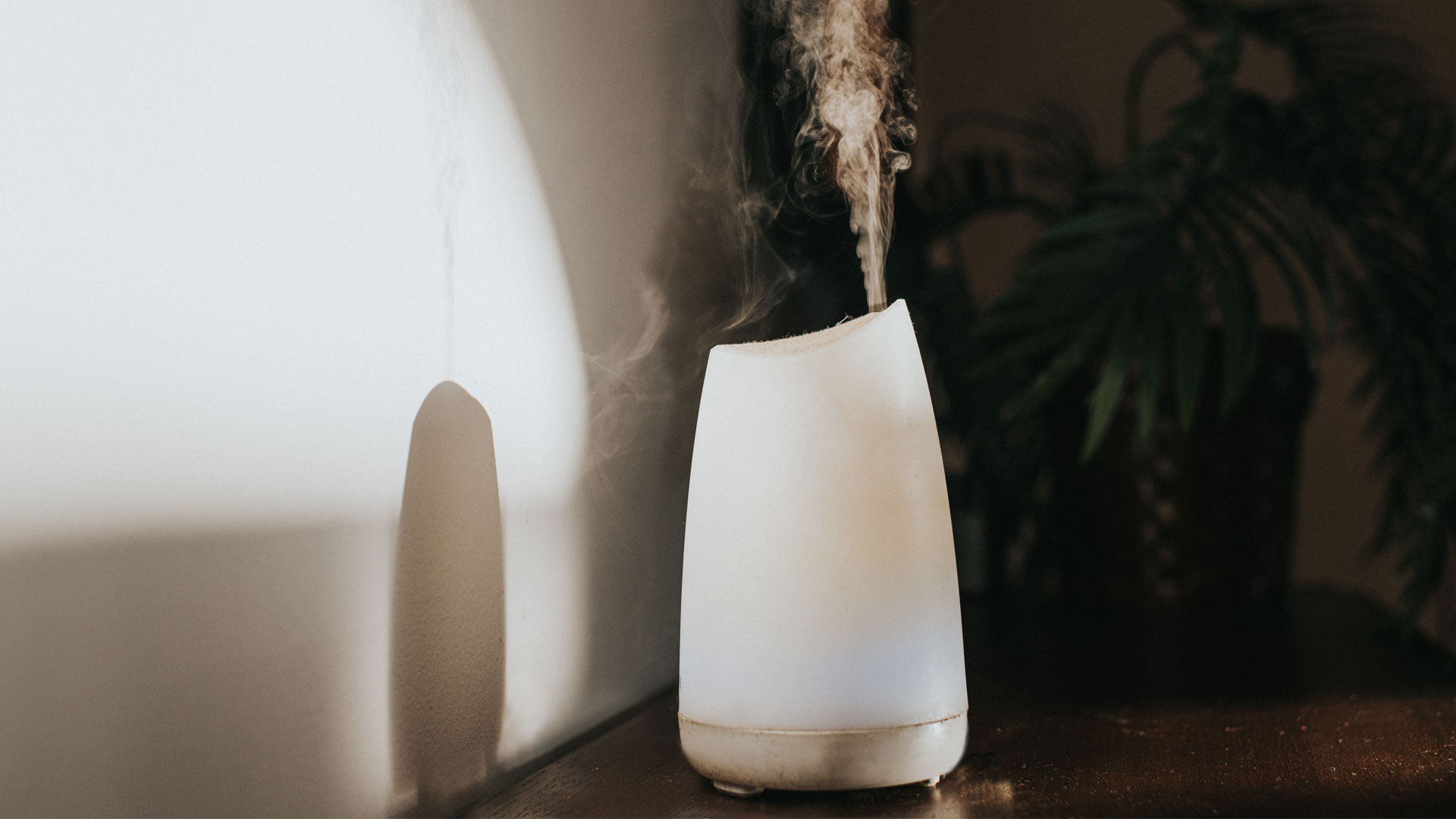Do humidifiers help with allergies?
Here’s everything you need to know about whether humidifiers help with allergies, and how you can use them effectively.

The source of allergy trouble ranges from pet hair and dander to dust and pollen, resulting in sneezes, wheezing, and rashes - but do humidifiers help with allergies? The symptoms of allergies are common, with nearly a sixth (50 million) of the US population suffering from some type of reaction.
In this feature, we'll look at what a humidifier is and the science behind how they add moisture to the air. But it's important to understand that humidifiers won't serve the job of an air purifier, which works to capture allergens, dust, and even viruses. We have a whole feature on air purifiers vs humidifiers to help you understand the key differences.
- Related: Best humidifiers
How can humidifiers help with allergies?
A humidifier is an electronic device that pumps moisture into the air. When the humidity in a room is too low or too high, it can trigger allergy symptoms, especially when you're dealing with dust, pollen from open windows, or indoor pets. You can place a humidifier in any room or enclosed space of your home. Simply stated, humidifiers work by creating moisture and filtering dust, dander, and virus particles from the air.
Now that we're spending a larger chunk of our time indoors, it's more important than ever to create a safe environment to eat, sleep, work, and live in. And humidifiers help to do just that. Too little humidity causes inflamed, irritated nasal passages, rashes, and dry skin, and too much creates an environment ripe for bacteria, dust mites, and molds, all of which can affect your health. It can contribute towards something called sick building syndrome, which we deal with in our related investigation.

How do humidifiers work?
Humidifiers work by adding temperature-regulated moisture to the air inside your home. You pour water into the humidifier’s reservoir, and it outputs a gentle, filtered mist. The filters inside the unit have an antimicrobial surface that helps prevent the growth of mold, algae, fungus, and bacteria.
Humidifiers are great machines, but they won't cure allergies. However, the right humidity level in the home can help improve symptoms and make allergies less of a nuisance. A study by the Clinical research center shows that the optimum level of moisture for home humidification is between 40-50%. Remember, when the humidity level is too high, it encourages mold and dust mites, and low levels aggravate the sinuses, skin, and lungs. So it's crucial to get the level correct. On a hot, humid day, when you have the windows open, it's unlikely a humidifier will offer any benefit. If you have the air conditioner running or it's the middle of winter, though, a humidifier can soothe tender sinuses.
How can humidifiers help with allergies?
If you have pets, you'll want to pay special attention to your home's humidity. When moisture levels are high, pet dander sticks to surfaces, which you can then pick up on clothing and skin. Proper humidity at ideal temperatures fixes that and can help clear stuffy noses and tickling throats, too.
Get the world’s most fascinating discoveries delivered straight to your inbox.
Other allergies, such as eczema, can also be kept under tighter control with a humidifier. The National Eczema Association reveals that the key to treating and preventing eczema outbreaks is to keep the skin’s moisture intact. Low temperatures and dry air, especially in the winter or air-conditioned rooms, can aggravate the skin and leave it sore and inflamed.
A higher level of humidity can also help eliminate viruses in the home. One research study tested how flu particles changed in the air when humidity levels reached 40%. The results showed virus particles were deactivated, making them less infectious when circulating in humidified air. Air purifiers can help with allergies too, so think about what you need when choosing your in-home air quality devices.
One important note: it's of the utmost importance you keep your humidifier clean. You'll need to change the filter regularly and clean the water tank to prevent waterborne bacteria from forming, which is the last thing you need when you're already suffering from itchy, runny eyes and noses.
- Related: What is the air quality index?

What types of humidifier are there?
There's no shortage of humidifiers on the market, and they come in all shapes and sizes. Here are the main types and how they work to humidify the air.
- Evaporators: This style of humidifier sucks in air, passes it through a filter, and then fans the hydrated air back out.
- Steam vaporizers: This humidifier creates steam internally, cooling it to an appropriate temperature before pumping it into your living space.
- Ultrasonic humidifiers: Typically smaller and more high-tech, these humidifiers use vibrations to vaporize water and pump steam back into the air.
- Whole house: These humidifiers attach to your central air conditioning or heating system, eliminating the need to purchase small units for each room.
Other ways to improve your home’s air quality
There are numerous other ways to clean the air in your home and minimize allergy symptoms. The NASA Clean Air Study showed that many house plants filter airborne irritants through their root system and can scrub the air in your home to some degree. Plants like English ivy, spider plants, peace lilies, and bamboo palms filter the air around them, removing toxins and particles.
Other inexpensive and simple ways to help with allergies in the home include keeping a small window open for ventilation, cleaning and dusting often, and brushing and bathing pets regularly. Indoor plants improve air quality too, and they look nice - just make sure they won't have an adverse effect on your pets!
- Read more: 9 allergy season symptoms to look for
Sarah is a freelance writer - writing across titles including Woman&Home, Fit&Well, The Independent, LiveScience, and the BBC in the UK. She covers a variety of subjects, including trends in beauty, business, and wellness - but her biggest passions are health and fitness. She can normally be found trying out the trendiest fitness class or interviewing an expert about the latest health trends.
 Live Science Plus
Live Science Plus






